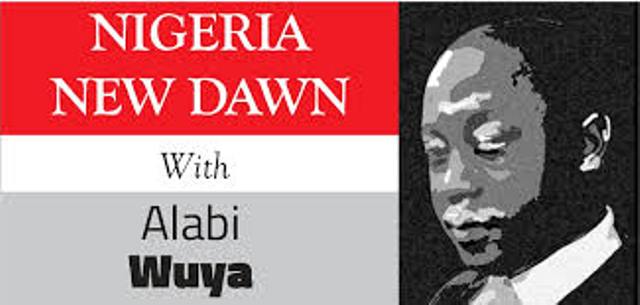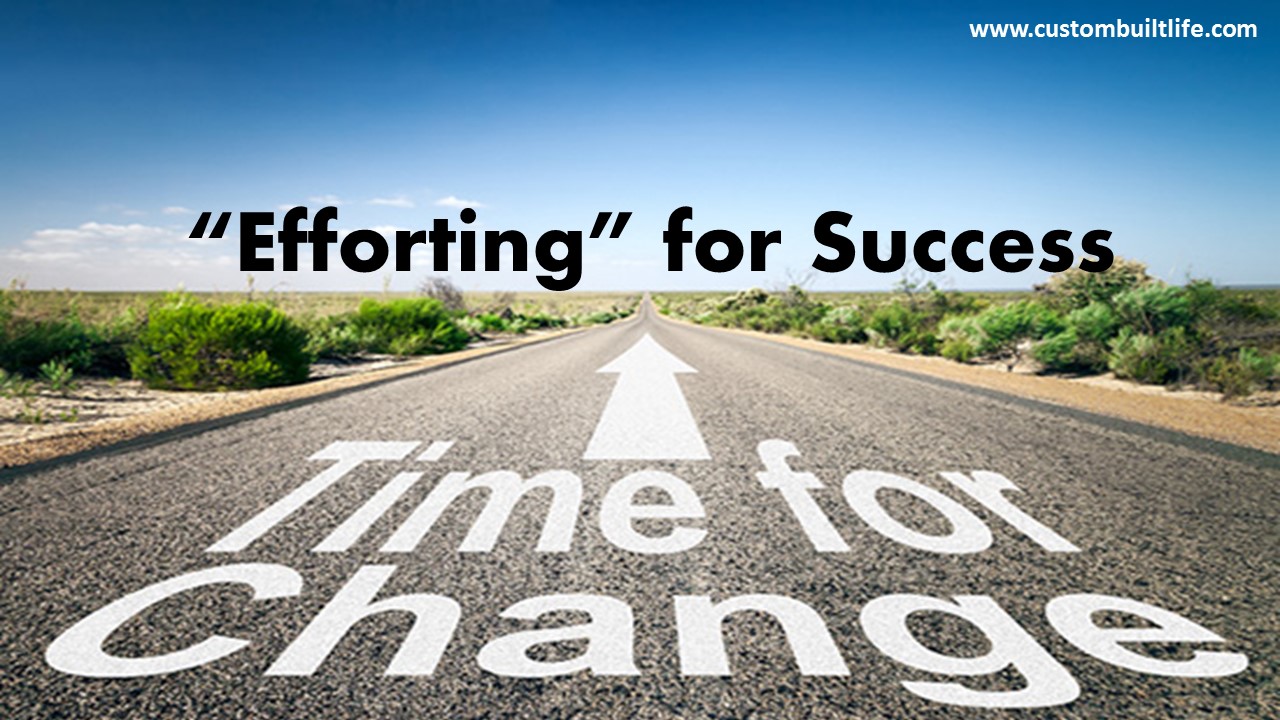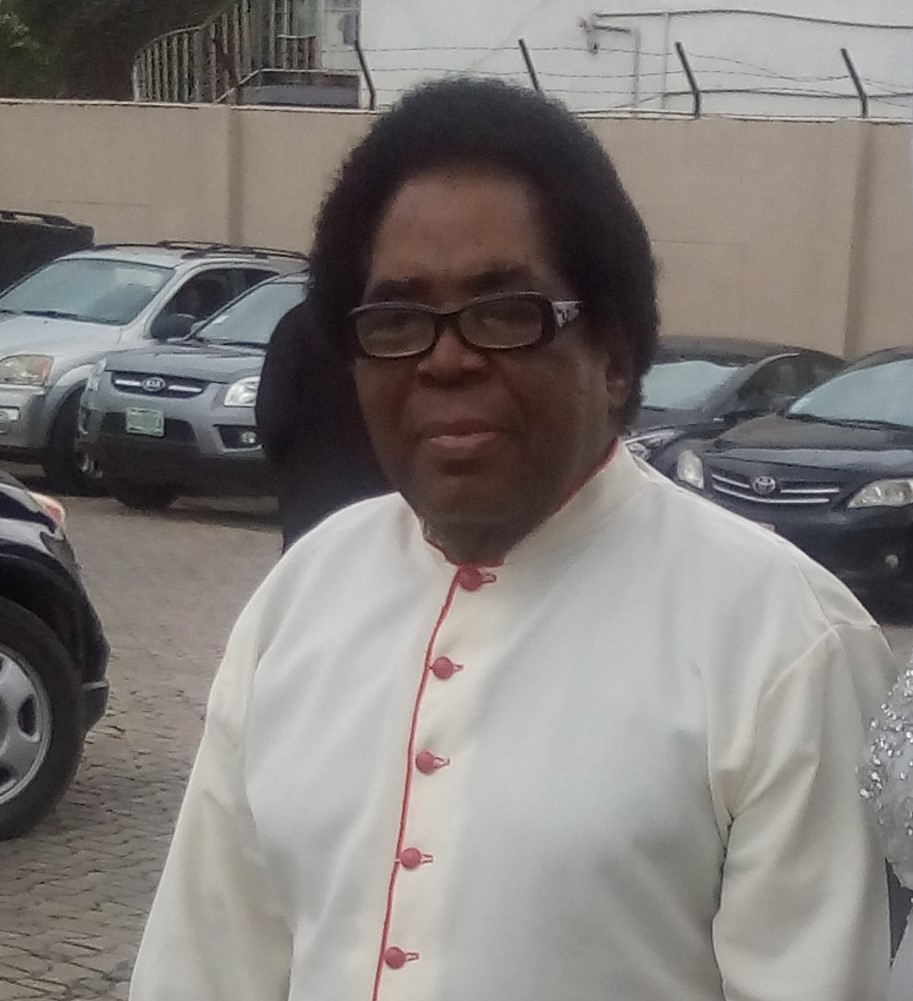Nigeria’s Regulatory Framework

When I think of regulation in Nigeria, late Prof. (Mrs.) Dora Akunyili immediately comes into my mind. She made and still makes Nigeria able to raise her head again. She is long gone to the great beyond. But I desire to tease out her great lessons to other regulators of Nigeria and the world at large – a lesson in sacrifice, patriotism, best practice, doggedness and incorruptibility, virtues necessary and critical to nation building in all sectors of the economy. Years after she left NAFDAC, her legacy still shouts. What an amazon, what a faithful Nigerian, what an epitome of global leadership acting effectively locally! May God give us more of Dora Akunyili. Our wonderful, longsuffering and most beautiful ordinary Nigerians deserve a break and a change that only leaders of Dora’s uncommon kind can give. Government officials who are statutorily saddled with ensuring compliance with government regulations must model her if they must not continue to be only fit for the dustbin of history. There is no other place else, frankly speaking. And what is life if all one achieves is a place in the historical dust bin? In spite of Dora’s many limitations, her central virtue of rising to the occasion when history trusted leadership on her as a regulator in the food and drug industry remains her eternal saving grace. There are leaders locally and globally who cannot hold a touch to her face forever even though they had higher callings than she did. Dora prepared for leadership and led well. Nigeria is now forever in her debt. Rest in peace, Dora.
A proper way to begin our discussion of today’s topic, Nigeria’s Regulatory Framework, is to ask ourselves: why regulation? The answer appears straightforward: without regulation, there would be chaos. But we must add quickly that with ‘regulation’, you could still have chaos. This chaos in spite of ‘regulation’ may be driven by a regulator’s incompetence; which is why Dora Akunyili shined so brightly. But chaos in spite of regulation could also be due to bad laws under which particular regulators must operate. Hence the need for legislators and regulators to constantly review legal regulatory frameworks so as to ensure that bad laws are repealed or amended to bring them in tandem with both best practice and national strategic interest per time. Again, in some instances, chaos in spite of ‘regulation’ may be due to both regulator incompetence and bad laws governing the regulation of the particular sector or industry. Hence, it is wrong to simply say “the law says so and it must be so”. Or that “the regulator or government says so and it must be so”. There are incompetent regulators. And there are bad laws and bad governance and bad governments. I believe that in NAFDAC and Akunyili’s case, there was a marriage of good laws; good governance (because her principal could have easily frustrated her) and a competent and highly above board professional regulator. The kind Nigeria urgently needs now, in all sectors.
Today, my mind goes to the Department of Petroleum Resources, the regulator of the oil sector. In its own words, DPR “has the statutory responsibility of ensuring compliance to petroleum laws, regulations and guidelines in the Oil and Gas Industry.” Let me begin by saying that I was disappointed by the otherwise highly respected Lai Mohammed’s reported assertion at the Ministerial Town Hall Meeting of April 26, 2016 in Lagos wherein he was alleged to have waived of the possibility of incorporating the hundreds of grassroots refiners of crude oil into the mainstream, allegedly calling them criminals. I consider Lai Mohammed highly patriotic and disciplined, plus he could not have thought through the implications and dimensions of his alleged statement given that he is one government official in the change regime that has been most pained by shortage of refine petroleum, especially gasoline, which production our many grassroots refiners champion and assure, without a single government support, with their own indigenous technology and indeed against all odds including government opposition to them to date. Lai Mohammed, the intellectual that he is, and this regime in general will soon see the value in promoting and replicating our own homegrown petroleum refining technologies in the creeks and crannies of a big chunk of the Nigerian state and polity along the already existing pipelines. It is the only way to go, short and medium term if this government must succeed in this pivotal sector of energy sufficiency and national security and economic relevance especially as we come so close to the hallowed 2020 when Nigeria would have become one of the topmost twenty most developed countries in the world.
Next week, we shall conclude this two-part article on Nigeria’s Regulatory Framework.








